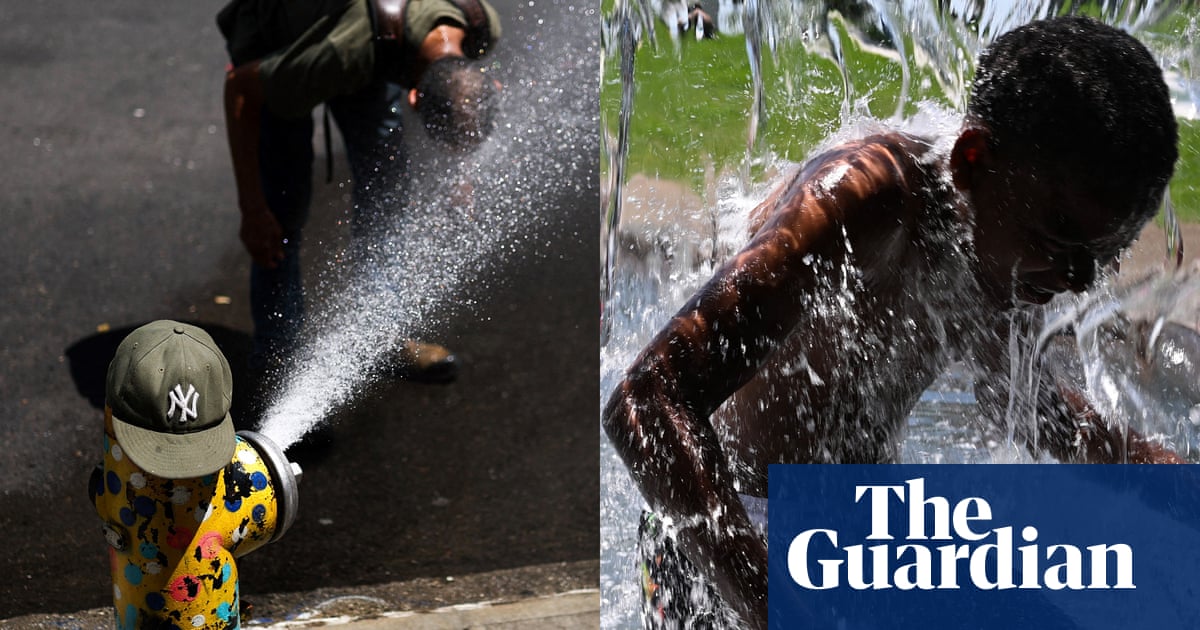The recent heatwave sweeping across the U.S. has brought alarming situations. High school students fainted at a concert in New Jersey, and young hikers needed rescue in New Hampshire. In cities like Baltimore, Amtrak passengers were trapped on airless trains, while some New York subway services had to pause.
This surge in heat isn’t just uncomfortable; it’s historical. It’s the hottest early summer many areas have seen in decades. According to the NOAA, nearly 130 million people were under heat alerts recently, with record-breaking temperatures reported at 282 locations.
The extreme heat can be tied to a warming Arctic, which leads to stagnant weather patterns. A new study noted these patterns have tripled in frequency over the past 70 years, indicating that climate change is already affecting our weather. Zachary Labe from Climate Central emphasizes that these heatwaves will likely become the new normal, with temperatures soaring even higher in the future.
The impact of heat on health is serious. The American Medical Association reported that about 22,000 people died from heat exposure between 1999 and 2023, making heat the deadliest weather hazard. Beyond fatalities, excessive heat affects our mood and cognitive function. Kim Laudati, a New York skin expert, warns that high temperatures can damage skin and disrupt sleep, leading to irritation and mood swings.
Political leaders are also addressing these climate realities. In New York’s recent mayoral primary, the temperature soared to 99°F, influencing voters’ concerns about the climate crisis. Democratic nominee Zohran Mamdani highlighted the urgency of this situation, linking climate action to broader societal issues, including the cost of living.
This year has already shown record-breaking temperature spans. In contrast, between 1979 and 2000, July temperatures would exceed 69.8°F only for about five weeks. Last year, however, that threshold was surpassed from June 13 to September 5.
Experts like Sonia Seneviratne have pointed out that the current climate trends are unlike anything we’ve seen in the past century. As climate change continues to shape our weather patterns, educating ourselves and advocating for action has never been more crucial.
For more insights on climate change effects, check out The ‘silent killer’: what you need to know about heatwaves.





















